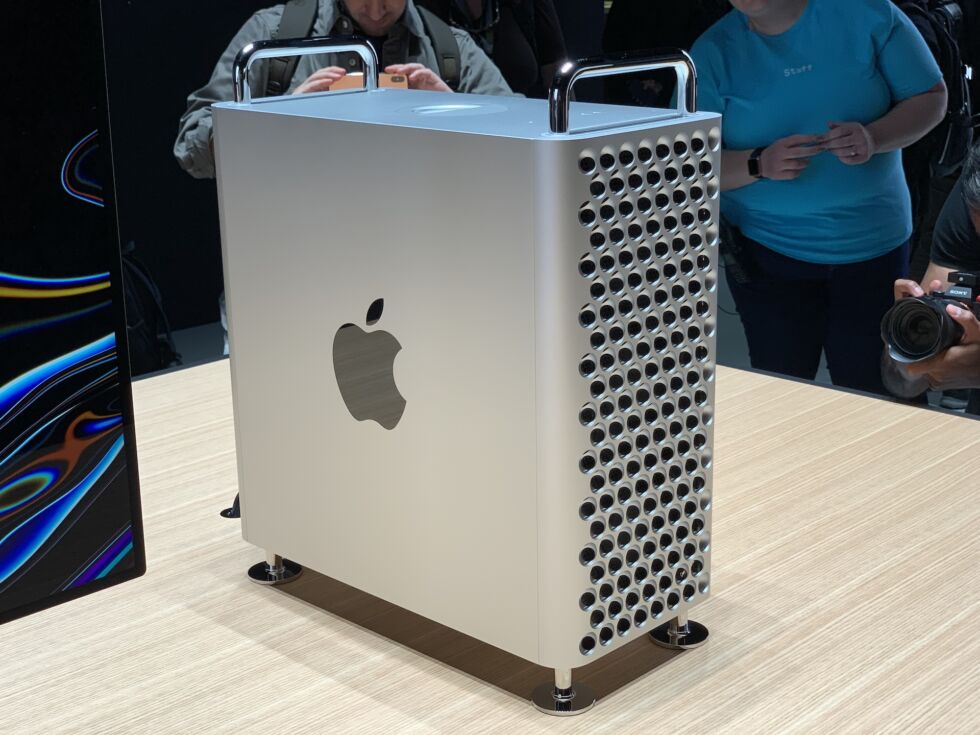It won’t be long now

Our articles about Ventura and Sonoma's Intel support go into some of the reasons why Apple could be cutting Intel Mac support a bit short compared to the recent past, beyond the obvious "Apple would like you to buy an Apple Silicon Mac" point. It's more difficult to keep older systems secure after Intel itself stops providing security updates and driver support for its chips. It will benefit Apple Silicon Mac owners when all of the Intel code can be stripped out of macOS, streamlining the operating system and its apps. We won't go over all of those points in fine detail again this time.
Based on historical data, if Apple releases one more Intel-compatible macOS update that at least covers Macs released in late 2019 through mid-2020, then most Intel Macs will have gotten roughly the same amount of software support from the company—a little over six years of macOS updates and another two years of security-only updates. This is fewer years of support than Apple was providing for Intel Macs at their peak, but it would be consistent with the norm that Apple has established over the last three or so years.
But there's also a very real chance that every 2019–2020 Mac will suffer the same fate that the 2018/2019 MacBook Airs did this year: a little over five years of macOS updates, plus another two years of security-only updates. This isn't a historic low by the standards of the late-PowerPC-into-early-Intel eras of the Mac. But it would represent a significant drop-off, even compared to the drop-off of the last few years.
Regardless of when it happens, it's clear that Intel Macs are fading ever farther into Apple's rearview. Plenty of the new features in macOS 15 Sequoia will work with Intel Macs—especially ones with a T2 chip, which covers the vast majority of the remaining models. But Apple's headlining AI features are leaving Intel Macs behind this year, and that will only continue for any future updates that come to Intel Macs. If you have an Intel Mac that's still getting updates and still works for you, by all means, keep using it. But if you intend to stick with the Mac, the time to start budgeting for an Apple Silicon upgrade is very soon—if not now.
reader comments
229